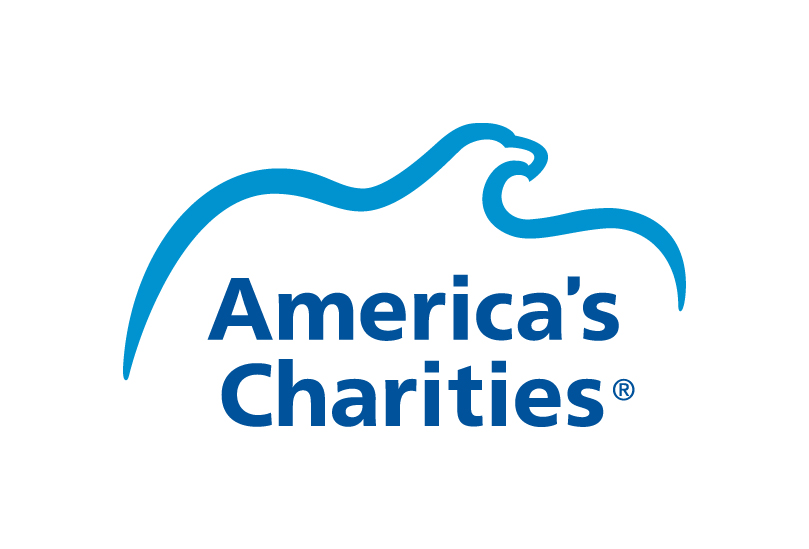Coffee Meets Water: Restoring Clean Water Through Crowdfunding
By Nellie Kim and Sarah Ford
Coffee Meets Water: Restoring Clean Water Through Crowdfunding
Can you imagine not having access to clean water? The truth is, not having access to clean water is truly incomprehensible for most of us; we take it for granted. The closest many of us have ever come to not having access to water is when a damaging storm has hit or the community water system has been contaminated and everyone runs to the nearest store to stock up on water bottles. Even in those cases though, we know it will only be a temporary nuisance because there’s a system in place and professionals dedicated to restoring our access.
But for nearly 750 million people around the world this isn’t the case.
Accessing Water At Any Cost
1 in 9 people do not have access to clean water, and half of those people reside in Sub-Saharan Africa. According to the World Health Organization, Sub-Saharan Africa loses an estimated 4.3% of its GDP each year due to lack of adequate water supply and sanitation. Because water impacts everything from food and health to energy, education and urbanization, these people will go great lengths to access any water despite the risks and lasting effects on their family and community. In many developing countries, women and children are tasked with walking miles every day (sometimes several times a day) to collect water from nearby rivers or streams, using the same water for drinking, bathing, laundry, and animals. As a result of such regimes, “Half the hospital beds in the world are filled with people suffering from water-borne diseases,” according to the UNDP. This is a resolvable issue though.
When a water well is built in a community, the impact is immediate--health can be improved dramatically, children can prioritize attending school, and women can seek income-generating opportunities, which can lead to an investment in their families and their community. The World Health Organization estimates that, on average, every $1 invested in water and sanitation provides a $4 economic return.
But without proper maintenance, tools, or parts, water wells can break down over time for a number of reasons, stripping away a community’s water source. This forces families to resort to the “old” way of collecting water, again compromising their health, education, and opportunity to develop their community--the very things they were fighting to protect.
These problems can be fixed fairly easily with a little funding and collaboration through campaigns like Good Neighbors USA’s Coffee Meets Water.
Repairing Broken Systems
Good Neighbors, an international humanitarian organization, has been raising public awareness about development problems and solutions, and advocated for change since 1991. When Good Neighbors recently examined the water well situation in the community of Sidama, one of Ethiopia’s leading coffee-producing regions, they found a staggering 22 out of 38 water wells were broken, meaning the coffee farming community had little to no access to clean water. So Good Neighbors set out to fix this problem by raising awareness and money to repair the wells using a crowdfunding platform called Indiegogo.




